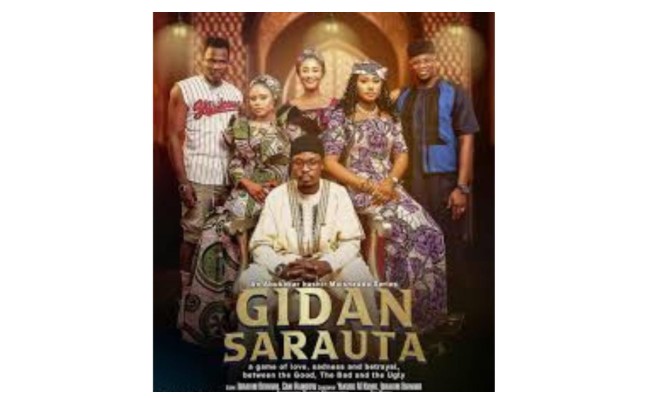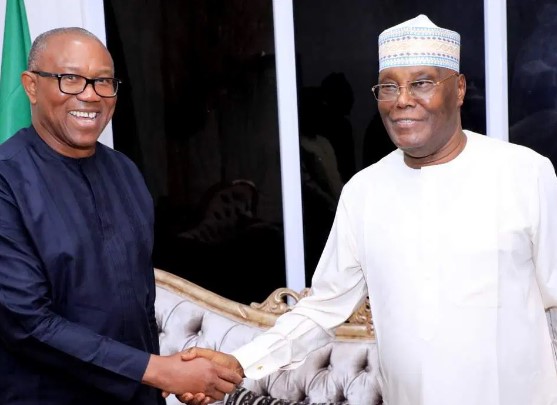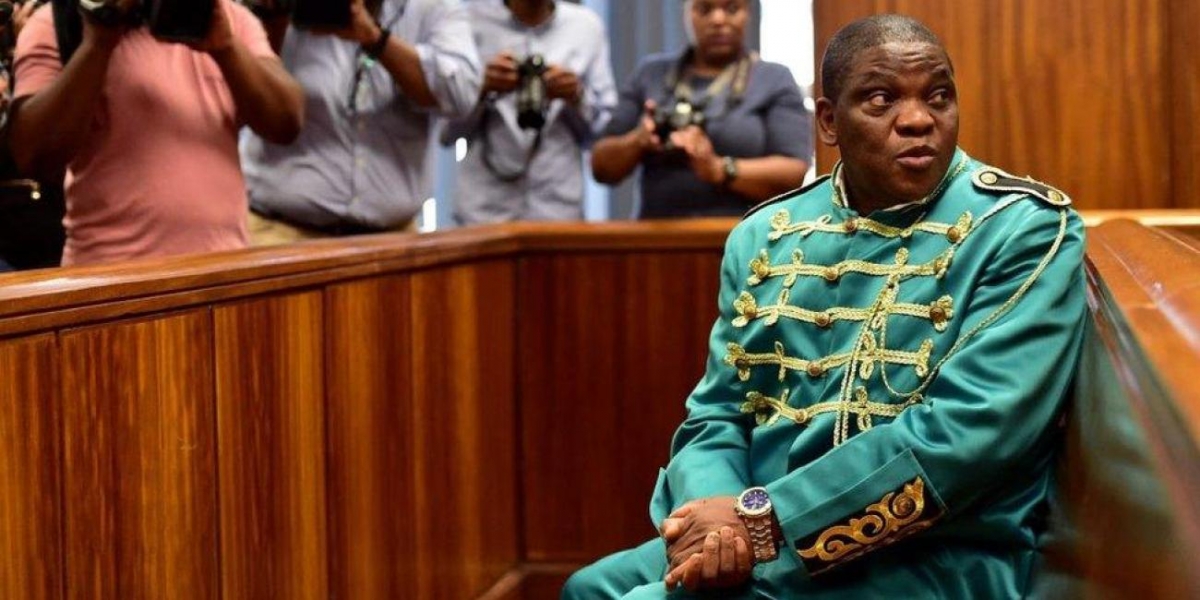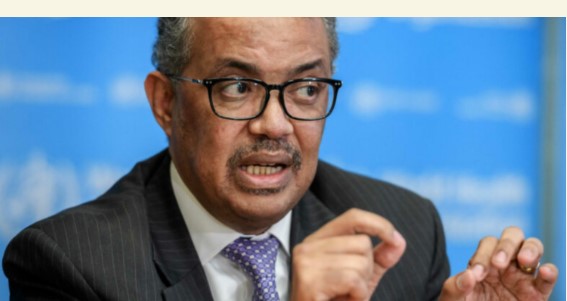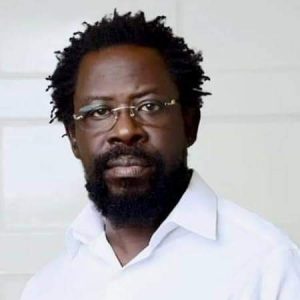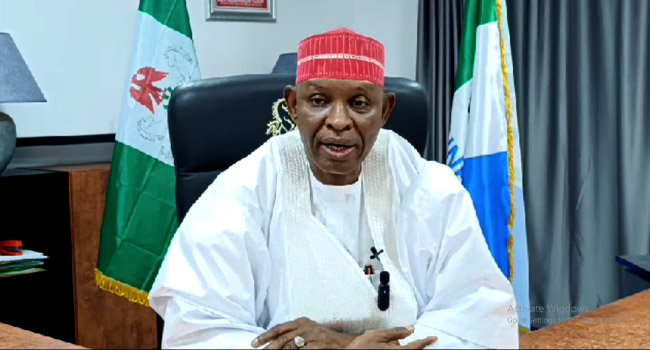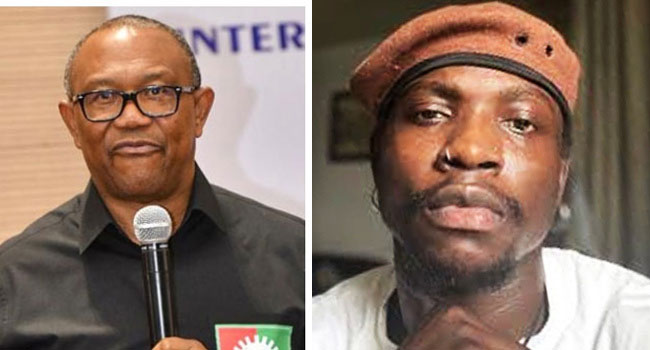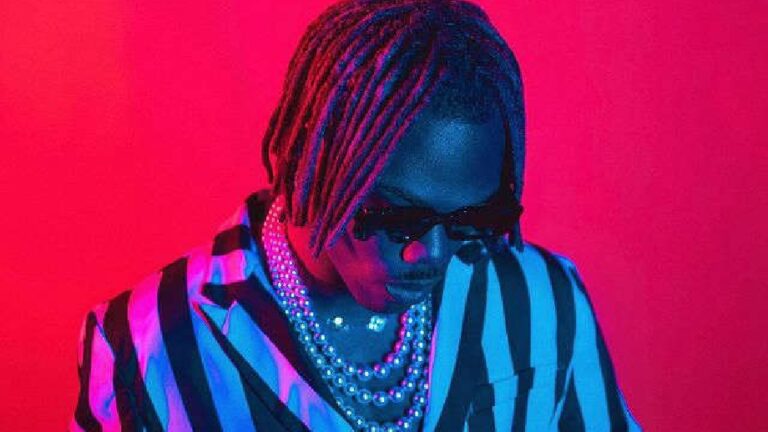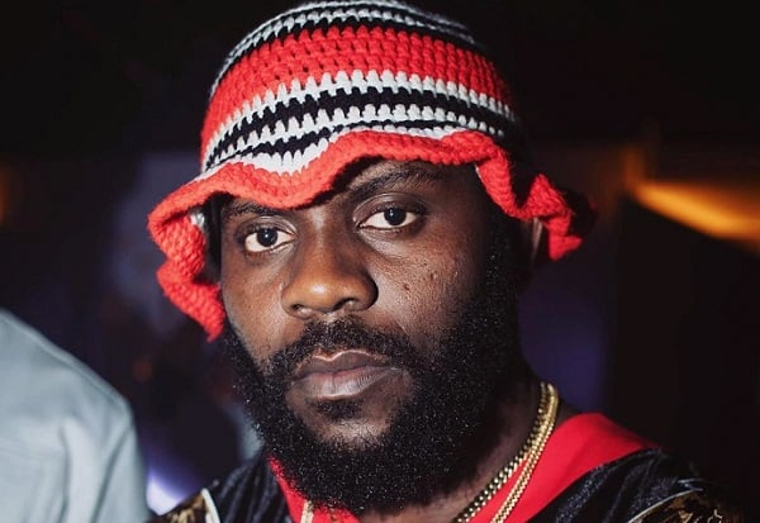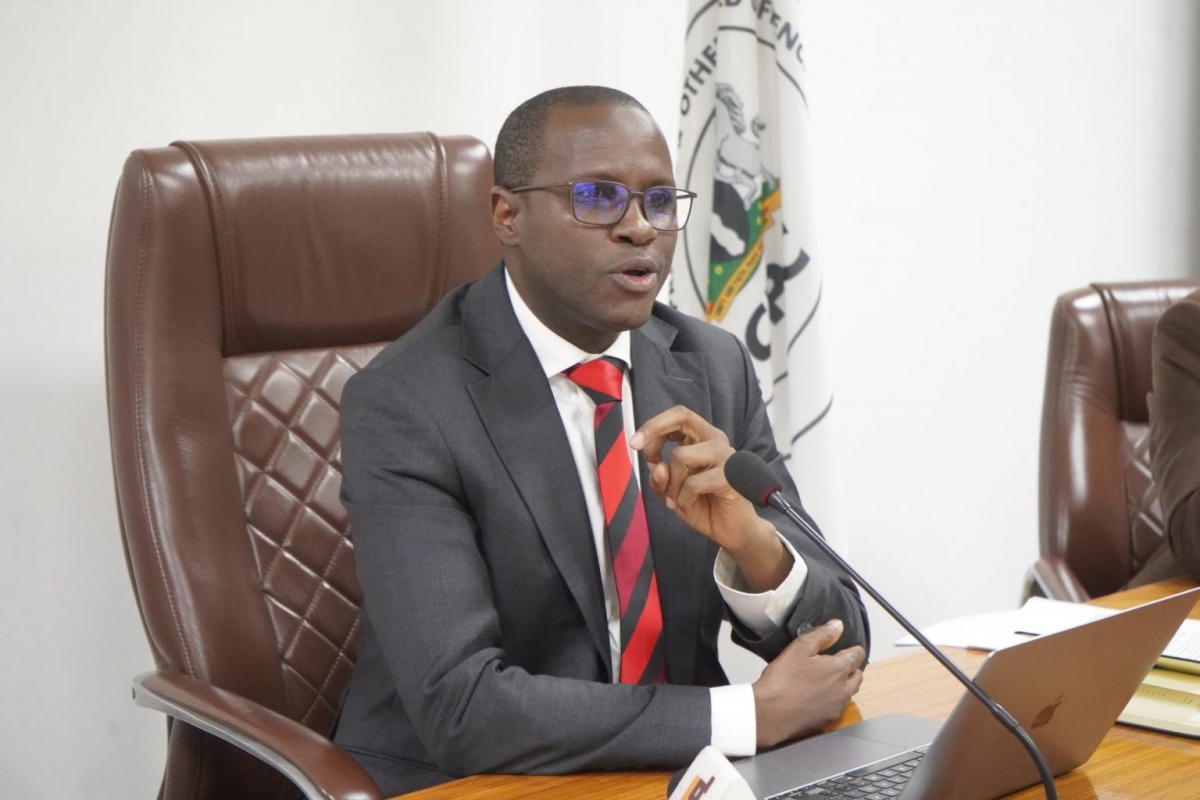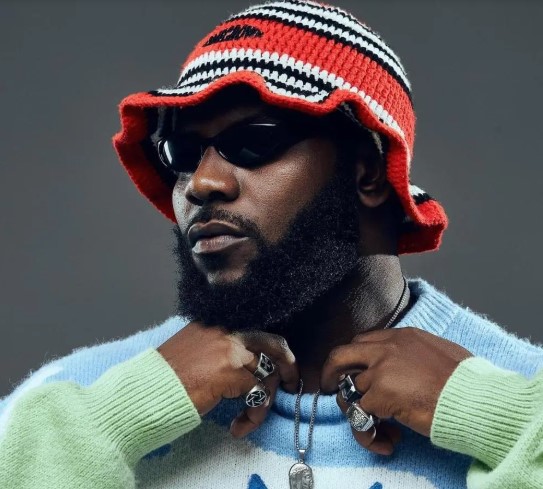"Discover How Peter Obi Plans to Overcome New Political Challenges!"
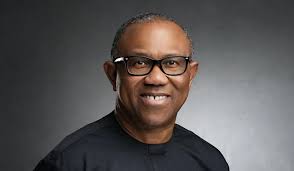
Denials regarding threats to Peter Obi's life and family "It's a lie," says an APC spokesperson.
I knew Peter Obi at university, although we were in different faculties. He hailed from a wealthy family, drove a new Peugeot, and always resembled a 'bourgeoisie', as we mocked children from privileged families. The civil war had finished a few years before, and some structures on campus still bore the scars of the conflict.
Did you know? You can comment on this post! Just scroll down
The Alexandra Building, where we did our general studies, stood with a blown-out roof and discoloured walls. Many of the students, including my first-year roommate, were former Biafran combatants, while others came from impoverished families. The emotional toll of the war was still palpable in their early lives.
Obi and the other few fortunate pupils born into affluence stood out among the crowd. Peter Obi has accomplished a lot since his graduation in 1983: he's made a lot of money by importing goods and drinks; he's become a bank owner (or part owner, to be precise); he was elected governor; and he recently ran for president. But what struck me most about his trajectory is his slow transformation into Nigeria's leading opposition leader after he lost the election eleven months earlier. Can he stay the course, and is he prepared for the bruises that come with such challenges? Frankly, I'm concerned for Mr. Obi.
Last week, Obi held an early morning press conference in which he discussed the challenges facing the Nigerian economy, the plight of the Nigerian people, and his stated commitment to continue speaking on these and other governance concerns. He urged President Tinubu to reduce the expense of governance; he travelled across the country by car and visited a public hospital for normal medical examinations to see what ordinary people go through.
He concluded his remarks with a foreboding tone: "It is difficult to be in opposition in this country—extremely difficult because everything is against you." Your enterprises and everything you're interested with are being disassembled. What I've been through, what my family has been through—you won't believe I'm still standing and moving around this country. I see my colleagues at the airport and greet them. But they don't want to respond because they don't want the current government to see them speaking with you. He said in a deadpan tone, "For me, I have decided that I will continue to stand by the Nigerian people, and if this is the end, so be it."
These are often associated with fiery, radical, and left-leaning labor leaders or opposition figures during dictatorships, but coming from a member of the propertied class is odd. The top class has been so apathetic about Nigerian conditions that they have never considered the end. They have solutions for every difficulty. For poor roads, they purchase cyber trucks; for weak electricity, they purchase generators and inverters; for highway kidnappers, they fly commercial or private; and for noisy street urchins, they are protected by cops, who also carry their wives' handbags and umbrellas. Obi can afford all of this, but he has chosen to support the oppressed; he should be warned of the dangers that await him. Is he prepared for the bruises? Africa is packed with opposition leaders, liberation fighters, and activists who have endured great threats for their beliefs.
Following his defeat in the 1979 and 1983 presidential elections, Chief Obafemi Awolowo quickly emerged as the leading opposition leader throughout the Second Republic. He was backed up by the four presidential also-rans, Dr. NnamDi Azikiwe, Alhaji Waziri Ibrahim, Mallam Aminu Kano, and Mr. Tunji Braithwaite, and together they established an undeniable hatred for Shehu Shagari's administration. Throughout his four years in service, the youthful Sokoto prince faced a continual torrent of criticism from these old men. Sometimes, I felt sorry for him. To his credit, Shagari never took any unconstitutional actions against any of them. Even when Braithwaite's son was arrested for possession of hemp, the cops were friendly to the outspoken attorney. Chief Awolowo was tormented in 1985, during General Buhari's dictatorship, which overthrew Shagari in a coup. His Apapa home was looted, and his passport was confiscated.
In 1993, Chief MKO Abiola, a wealthy businessman, emerged as a prominent opposition figure when the military invalidated his victory in the presidential election. Abiola fought valiantly to recapture his mandate, but a major element of the political elite, led by Babagana Kingibe, his running mate in that election, was unprepared for the conflict. I recommend Frank Kokori's book ''The Struggle for June 12'' for a good account of what it takes to be opposed. Unfortunately, Abiola died in that conflict. In the Fourth Republic, another wealthy businessman, Bola Ahmed Tinubu, emerged, initially as the leader of one of the opposition parties and eventually as the primary opposition figure.
Tinubu spearheaded major protests in Lagos and other South West states in January 2012 in response to President Goodluck Jonathan's decision to cut fuel subsidy. Jonathan, feeling weak and embarrassed, reversed course. Tinubu and his tribe (I don't mean ethnic identity) continued to abuse Jonathan, calling him names and harassing him till he lost the presidential race three years later.To his credit, Jonathan never ordered Tinubu's arrest or planned to hurt him. But is it poetic justice that another sector of the country is opposing Tinubu's key policy reforms?
There was no apparent opposition leader during President Buhari's eight-year tenure. In fact, Atiku Abubarkar, who was supposed to fulfill that role, retired into his cocoon in Dubai shortly after the 2015 elections. Obi's emergence as the new opposition leader essentially fills the hole left by Atiku. But will the Tinubu administration be tolerant and accommodating? Although Obi has already hinted that his enterprises and family are damaged, he should keep in mind that the road ahead could be quite difficult. Being in opposition in a continent riddled with human rights violations is no easy task.Raila Amolo Odinga, the Kenyan opposition leader, has been a recognizable opposition figure on the continent for many years. In 1982, President Arap Moi detained him for six years. Zimbawe's Morgan Tsvangirai was repeatedly beaten during Robert Mugabe's administration, nearly losing an eye several years ago. South African politician Julius Malema has been charged with hate speech and expelled from the ANC. Kizza Besigye of Uganda has been subjected to unfathomable suffering at the hands of strongman Yoweri Museveni. He has been subjected to multiple house arrests and charged with treason.
As Peter Obi begins a new chapter in his life, I pray for his health and well-being, and I hope that, unlike Awolowo, Azikiwe, Kano, Waziri, and MKO Abiola, he will survive to see the Nigeria of his dreams.
There was no apparent opposition leader during President Buhari's eight-year tenure. In fact, Atiku Abubarkar, who was supposed to fulfill that role, retired into his cocoon in Dubai shortly after the 2015 elections. Obi's emergence as the new opposition leader essentially fills the hole left by Atiku. But will the Tinubu administration be tolerant and accommodating? Although Obi has already hinted that his enterprises and family are damaged, he should keep in mind that the road ahead could be quite difficult. Being in opposition in a continent riddled with human rights violations is no easy task.Raila Amolo Odinga, the Kenyan opposition leader, has been a recognizable opposition figure on the continent for many years. In 1982, President Arap Moi detained him for six years. Zimbawe's Morgan Tsvangirai was repeatedly beaten during Robert Mugabe's administration, nearly losing an eye several years ago. South African politician Julius Malema has been charged with hate speech and expelled from the ANC. Kizza Besigye of Uganda has been subjected to unfathomable suffering at the hands of strongman Yoweri Museveni. He has been subjected to multiple house arrests and charged with treason.
As Peter Obi begins a new chapter in his life, I pray for his health and well-being, and I hope that, unlike Awolowo, Azikiwe, Kano, Waziri, and MKO Abiola, he will survive to see the Nigeria of his dreams.
Article Posted 4 Months ago. You can post your own articles and it will be published for free.
No Registration is required! But we review before publishing! Click here to get started
One Favour Please! Subscribe To Our YouTube Channel!
468k
Cook Amazing Nigerian Dishes, Follow Adorable Kitchen YouTube Channel!
1.1m
Like us on Facebook, Follow on Twitter
React and Comment
Click Here To Hide More Posts Like This
Watch and Download Free Mobile Movies, Read entertainment news and reports, Download music and Upload your own For FREE.
Submit Your Content to be published for you FREE! We thrive on user-submitted content!
But we moderate!




